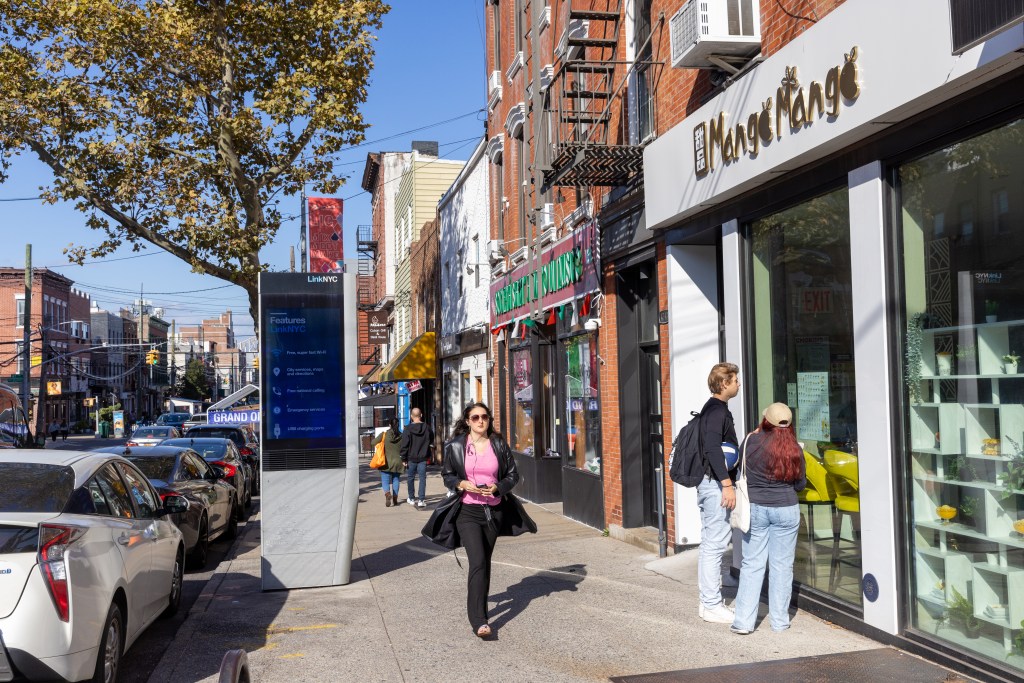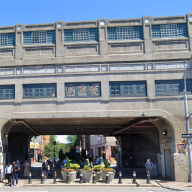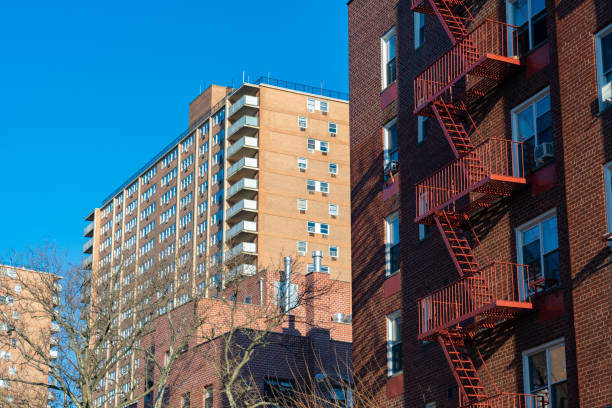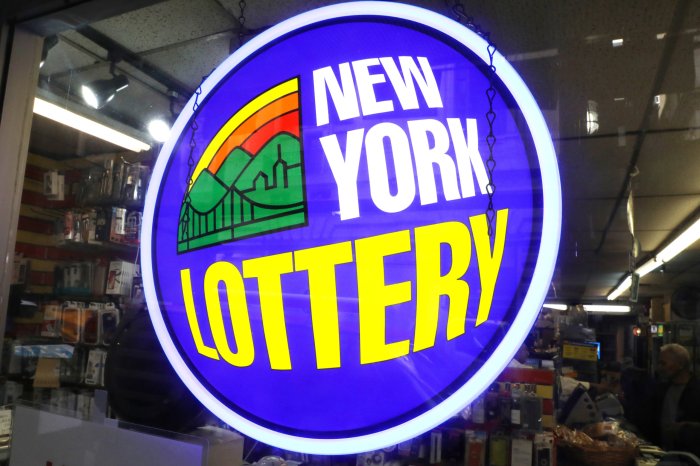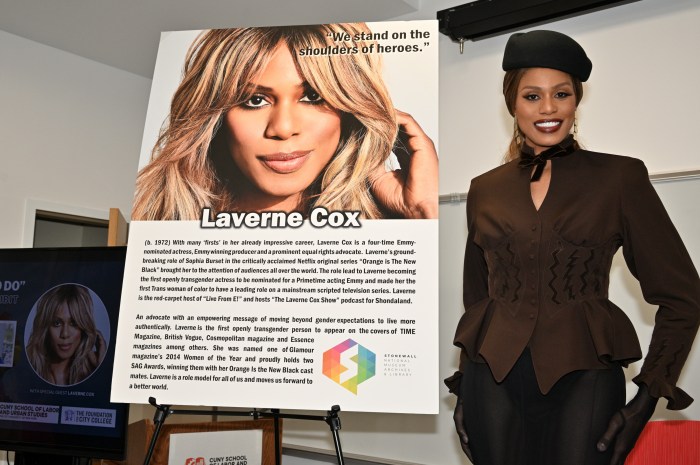A partnership between Shell, the Port Authority of New York & New Jersey, the U.S. Energy Department and General Motors resulted in the July 14 opening of New York City’s first hydrogen fueling station, at John F. Kennedy International Airport (JFK).
The station is the 63rd to open across the country and the second in the greater New York City area – a White Plains station opened in April of 2008 – and, according to the National Hydrogen Association (NHA), Shell’s move into JFK is a big step for the alternative energy industry.
NHA, the largest hydrogen association in the world, representing over 100 companies dedicated to hydrogen fuel cell technology, told The Courier that the new station is in keeping with the industry’s focus on New York as one of the principal metropolitan areas that would benefit from a “cluster” of filling stations.
The station will, for the time being, serve roughly 25 hydrogen fuel cell vehicles (FCVs), including those used by municipal authorities and consumers who have leased from General Motors. Drivers of other automakers’ vehicles will be able to fill up at JFK in the near future.
Participants in such “demonstration projects” will fuel up at the 24-hour station free of charge, though NHA’s Vice President, Patrick Serfass, said the cost of re-fueling an FCV, using today’s technology, is comparable to filling up a gasoline-powered vehicle – but with cost decreasing, not increasing, over time. Serfass said the range of the newest FCVs is more than 250 miles.
Re-fueling processes for the new and old technologies are similar, Serfass explained, except that a hydrogen nozzle must form an airtight seal with the FCV. The fuel cell creates electricity by mixing gaseous hydrogen with oxygen, resulting in an “almost silent, combustion-free” ride with drinkable water vapor the only emission, he said. Serfass added that while hydrogen is a flammable fuel, it is no more dangerous than any other fuels used today and thus, poses no additional risk at JFK.
He noted that Shell’s JFK station and FCV pilot programs are an attempt “to justify the technology, to justify the fact that consumers really want these vehicles” as the industry moves “well beyond the prototype stage, to the pre-production stage” and the vehicle development stage.
Around the year 2000 when the term “hydrogen highway” first came into the lexicon, Serfass said, the common thinking was that stations should be opened every 25 miles on highways. The Shell JFK development represents the industry’s new focus on clusters of stations in New York and other major metropolitan areas like Los Angeles, San Francisco and Washington, D.C., he said. A third New York station, in the Bronx, is scheduled to open in late July.
Shell’s Vice President of Hydrogen, Duncan Macleod, called the first New York-area cluster “an important step as we continue to build capability in retailing hydrogen fuel” and he said it is “in line with the auto makers’ plans to develop hydrogen vehicles.”
Port Authority Executive Director Chris Ward underscored the new station as “another positive step for the region and the globe.”


